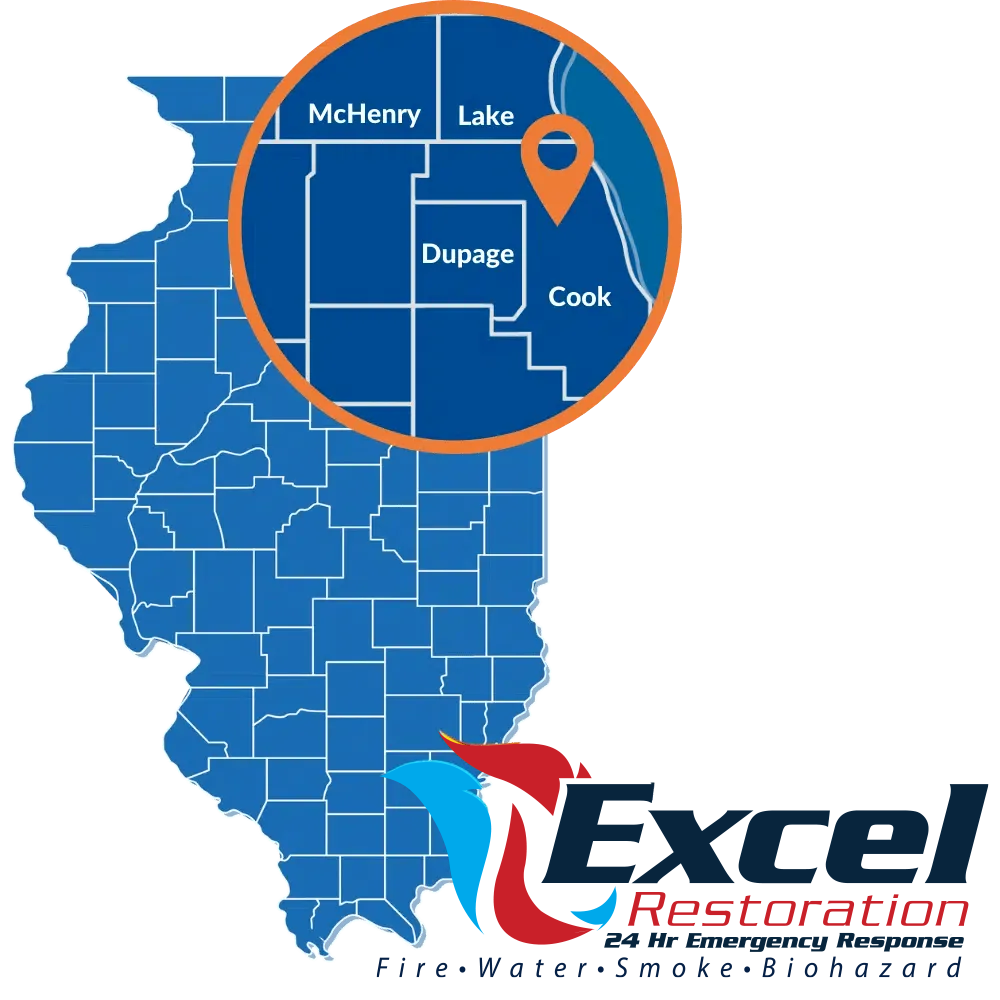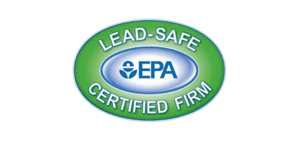Ever thought about what happens when your garage gets water damage? Garages are more than just a place for cars. They also store important equipment and personal items. But, they can suffer from water damage, which can come from leaks, floods, or bad drainage.
Ignoring water damage in your garage can cause big problems. It can weaken the structure, lead to mold growth, and even raise your insurance costs. It’s important to fix water damage quickly to avoid these issues.
This article will help you understand how to spot and fix water damage in your garage. We’ll show you how to keep your garage safe and in good shape. Keep reading to learn how to protect your garage.
Identifying and Assessing Water Damage
Spotting water damage in a garage early is key. Look for signs like wall and ceiling stains, metal rust, and floor cracks. Also, watch for puddles or damp spots near doors.
Preventing big damage starts with regular checks. Make sure doors, windows, and drainage systems work right, especially after bad weather. Knowing the damage type is important, with three main categories:
- Category 1 (Clean Water): Not harmful but needs quick action.
- Category 2 (Gray Water): May have harmful stuff but is not very dangerous at first.
- Category 3 (Black Water): The most dangerous due to contaminated water.
Finding the water source and knowing how much damage is done is crucial. Take photos and videos of the damage for insurance and repair plans. This helps with both DIY fixes and professional help.
Creating a detailed repair plan is a good idea. It should list what needs fixing, replacing, and costs. This plan helps avoid more damage and health risks from mold and structural problems. Regular checks help find and fix water damage quickly.
How to Fix Water Damage in Garage?
Fixing water damage in the garage needs a careful plan based on the damage’s extent. Here are the main steps to fix and stop water damage from happening again:
- Find and Seal Cracks: Garages often get cracks in their concrete floors, especially when it rains a lot or snows. Sealing these cracks with sealants stops more water from getting in. This is a key part of fixing water damage in garages.
- Put in Weather Stripping: Adding a weather seal to garage doors. It’s a simple way to keep rain and snow out.
- Apply Epoxy Coatings: Waterproof paint on walls and floors offers better protection. Two-part epoxy coatings are best for keeping water out.
- Check Drainage: Keeping garage drainage systems in good shape stops water from building up. Installing new drains like trench drains or flood vents is expensive but needed to prevent water damage.
- Choose Waterproof Storage: Use plastic sealable boxes for storing things, as they’re more waterproof than cardboard. Installing overhead shelving or racking to keep items safe.
- Improve Ventilation: Adding windows, doors, or dehumidifiers lowers humidity. This helps prevent mold and more water damage.
- Get Professional Help: For serious damage like structural problems or mold, getting professional help is best. They ensure everything is fixed right and prevents future damage.
Fixing water damage quickly and well saves a lot of money and keeps the garage safe. Taking these steps helps prevent water damage and protects the garage from future problems.
Conclusion
Dealing with garage water damage needs quick action and a careful look. You can fix it yourself or get help from experts. Keeping your garage in good shape and waterproof is key to avoiding damage.
Studies show that keeping your drainage system in check is crucial. Storing things higher and using appliances wisely helps during floods. Also, using flood barriers and seals can keep water out, helping prevent damage.
A clean and organized garage helps avoid flooding. Fixing gutters, installing drainage vents, and sealing floors and doors are important steps. Getting advice from experts can also help keep your garage safe and valuable.
Quick action and regular prevention are key to keeping your garage safe. By maintaining it, taking proactive steps, and getting expert advice, you can keep your garage in top shape. This way, you can avoid water damage in the future.

















